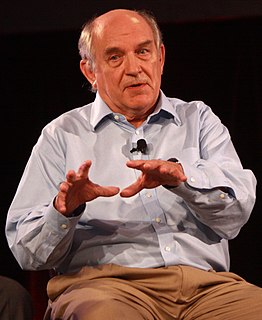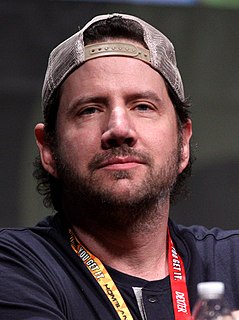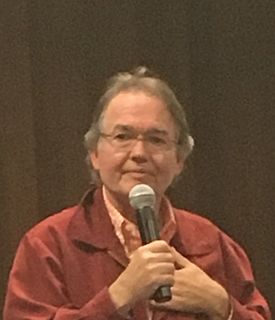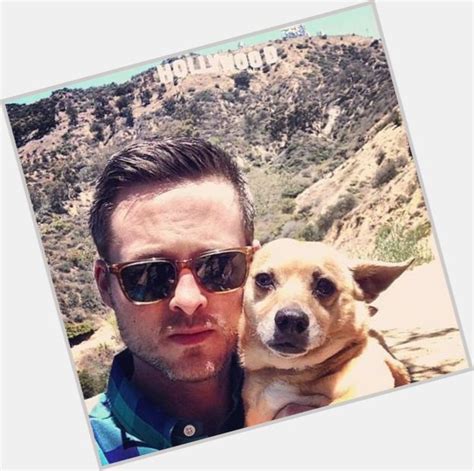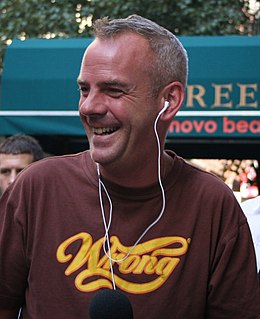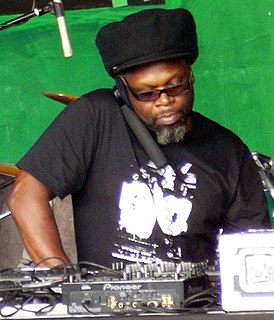A Quote by Erol Alkan
I like the notion of guiding, because I can offer advice through my own experiences, tastes and beliefs. But it's all in that individual's hands.
Quote Topics
Related Quotes
So I stood up and did a handstand on my Guru's roof, to celebrate the notion of liberation. I felt the dusty tiles under my hands. I felt my own strength and balance. I felt the easy night breeze on the palms of my bare feet. This kind of thing -- a spontaneous handstand--isn't something a disembodied cool blue soul can do, but a human being can do it. We have hands; we can stand on them if we want to. That's our privilege. That's the joy of a mortal body. And that's why God needs us. Because God loves to feel things through our hands.
The government can back up its tastes and beliefs with the police power. That is why it cannot be permitted tastes and beliefs. Most emphatically, it cannot be permitted to define one group as being privileged over another group of people. It was wrong in the days of Jim Crow; it is wrong in the days of affirmative action.
Sociologically, I think it is the most important thing going on in the world today. Because you can't change people by force. Communism made a great mistake in trying to inflict its beliefs on everybody. People have to find their own understanding, and if you can offer them an example that will inspire, they will come naturally to it. Ananda tries to offer this inspiring example.
But to demand that a work be “relatable” expresses a different expectation: that the work itself be somehow accommodating to, or reflective of, the experience of the reader or viewer. The reader or viewer remains passive in the face of the book or movie or play: she expects the work to be done for her. If the concept of identification suggested that an individual experiences a work as a mirror in which he might recognize himself, the notion of relatability implies that the work in question serves like a selfie: a flattering confirmation of an individual's solipsism.





